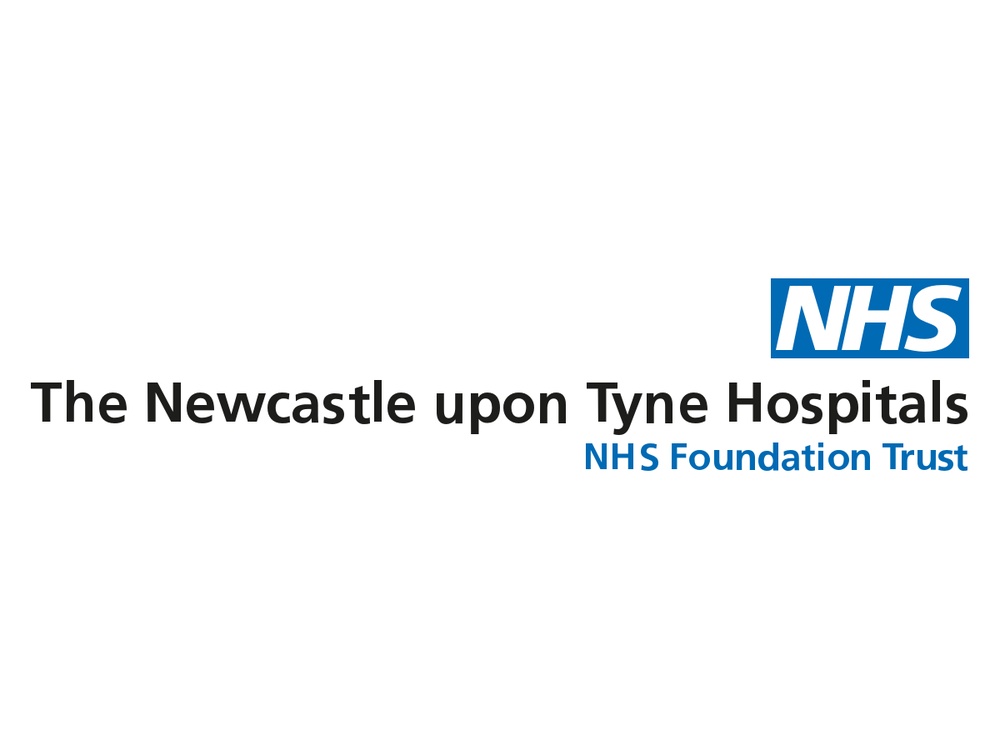What is this study about?
The Mito ataxia study is a research study funded by The Academy of Medical Sciences (AMS). It is a single-centre study and all participants will be seen in Newcastle upon Tyne.
Cerebellar ataxia develops as the result of damage to the cerebellum, a part of the brain that controls our co-ordination and ability to move. Individuals affected by cerebellar ataxia may have problems with poor balance leading to falls and injuries, as well as speech and swallowing difficulties. The impact of cerebellar ataxia is not well understood in patients living with mitochondrial disease.
This study aims to measure and track cerebellar ataxia in patients with mitochondrial disease. We want to look at how people with mitochondrial disease (patient participants) compare to people without mitochondrial disease (control participants) in terms of the symptoms of cerebellar ataxia. We then want to look at how these symptoms in people with mitochondrial disease change over time.
Who can take part?
To be considered for the study, you must be aged between 16 and 70 years. Patient participants must have a genetically proven diagnosis of mitochondrial disease. Control participants must not have any conditions that affect their balance or mobility.
Please note that this study has been extended to also include another disease group (SCA 6). It continues to recruit patients with mitochondrial disease.
What’s involved in taking part?
All study participants will be required to attend the study centre in Newcastle upon Tyne. Patient participants will be required to attend two study visits, which will occur over a 12-month period. Control participants will be required to attend one study visit only.
The study visits, which will last approximately 4 hours, will include a number of assessments including assessments of walking, gait and posture and a test called Transcranial Magnetic Stimulation (TMS). There will also be a number of questionnaires to complete.
Are there any risks?
We will try to schedule your study visits to coincide with your routine clinic appointments (for patient participants) with the NHS Mitochondrial Disease Clinic, however taking part in the study will mean that your visit to the clinic lasts 3-4 hours longer than usual. We will provide assistance with your travel and parking costs for this prolonged visit or any additional clinic visits.
The study assessments that will be performed are safe and well-tolerated. and will be performed by researchers who are experienced in delivering them.
Who will benefit?
We cannot promise the study will help you personally, however we hope that the information we collect from this study will help us to better understand cerebellar ataxia and inform the design of any future studies study looking at treatments for mitochondrial diseases.
How do I find out more?
If you would like further information about participating in this study (either as a patient participant or a control participant) please contact the study team on 0191 208 3105 or email [email protected].

